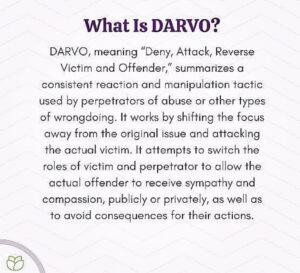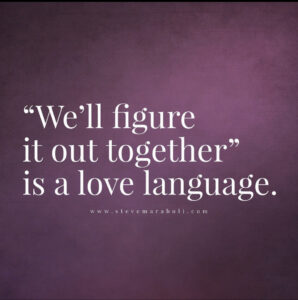Many of my interactions seem to carry the same unspoken rule:
You better be grateful for what you get. Shut up. Stay put. Or else.
It doesn’t matter if I’m talking to customer service, a doctor, a family member, or someone I once trusted—the pattern is the same. If I fail to mask overwhelm, ask for clarity, brevity, or—God forbid—to resolve, I risk being punished – being shut out.
Growing up, any expression of my discomfort, fear, needs, or boundaries was labelled as ingratitude. Clearly ungrateful—evidenced by my unmasked angst and unmet needs. The message was loud: gratitude and discomfort couldn’t coexist.
And the cost of expressing myself was shame and alienation instead of comfort or assurance. Deep shame. As if feeling bad proved I was bad.
Because if I were grateful and good—worthy and lovable—I wouldn’t feel discomfort. And if I were smart, I wouldn’t show it.
That’s what makes things like customer service and patient care so scary for me now. As someone who is neurodivergent and carries the weight of complex PTSD, these interactions can destabilize me, when they go on and on in a way that makes no sense to me with no clear direction or end in sight. My body remembers what happens when I get anxious. I spin out, shut down, dissociate. Because I’ve been mocked for needing. Cast out for asking for care. Discarded for expressing pain. The secondary feeling of panic over feeling discomfort is the ass kicker. Every time.
I am so over people who don’t seek resolution—only control. People who meet my pain not with care, but with the quiet brutality of silencing me.
I’ve been reading Let Them by Mel Robbins, and yeah—it resonates. But it’s hard when you feel hostage to someone you need something from. When the cost of expressing a feeling or a boundary is having access or diginity denied. When you’re punished for being direct.
So I over-explain. I apologize. I thank people for what I didn’t want. I endure conversations that drain me, because I know the risk of my unmasked discomfort, if I assert my self , I am “difficult” and will forfeit access.
When I’m overwhelmed—and I need a thing to stop, to change, to ease up—I’m not just uncomfortable. I’m panicking. Terrified of being seen as difficult, demanding, or ungrateful—because that’s what I’ve been conditioned to expect.
All I want is a simple exchange. Mutual respect. A clear answer. Maybe, some grace.
But over and over again, the same message:
If you want anything at all, you’d better stay in your place. You better get different. You better watch it.
And I am so goddamn tired of living in that place.



